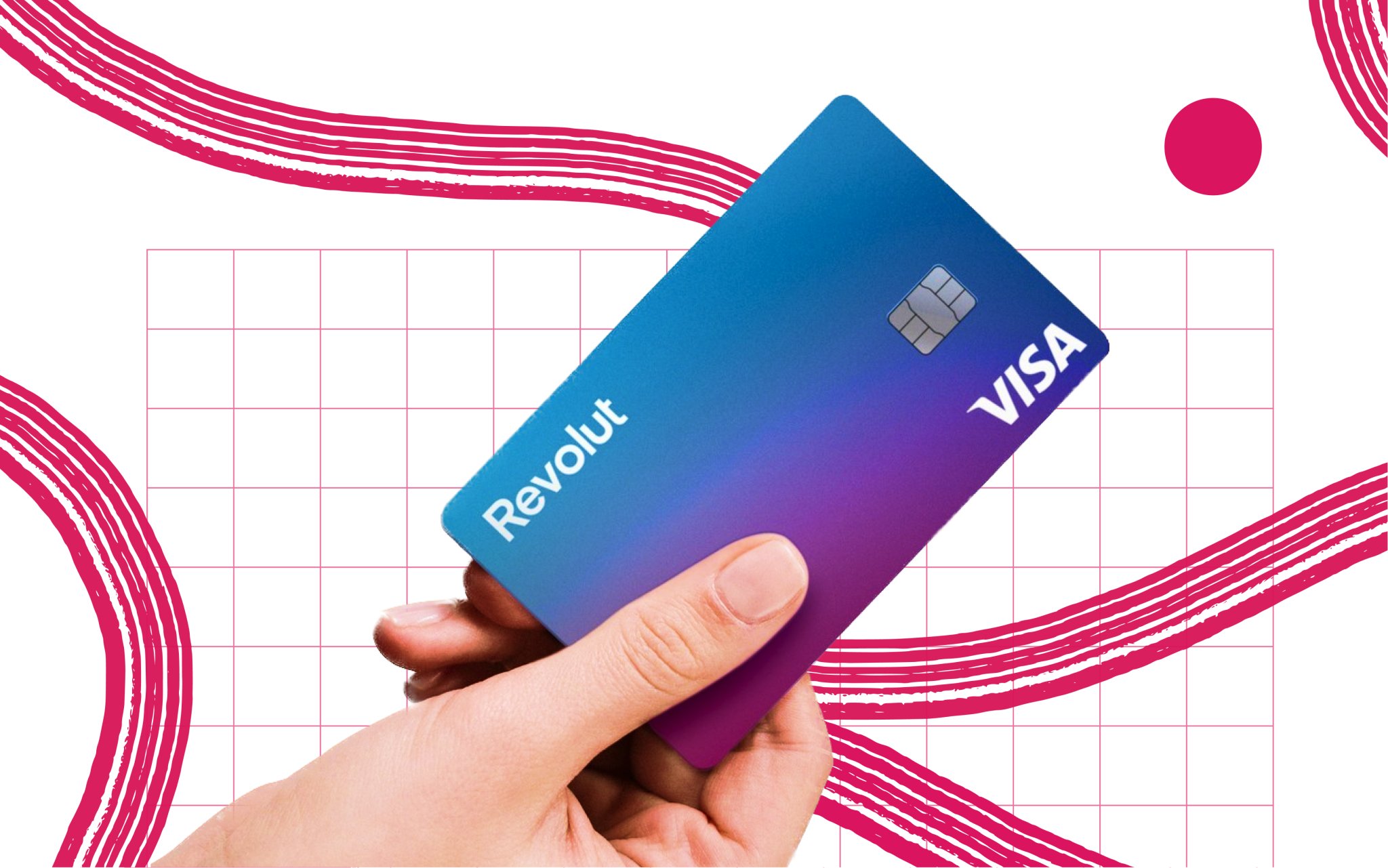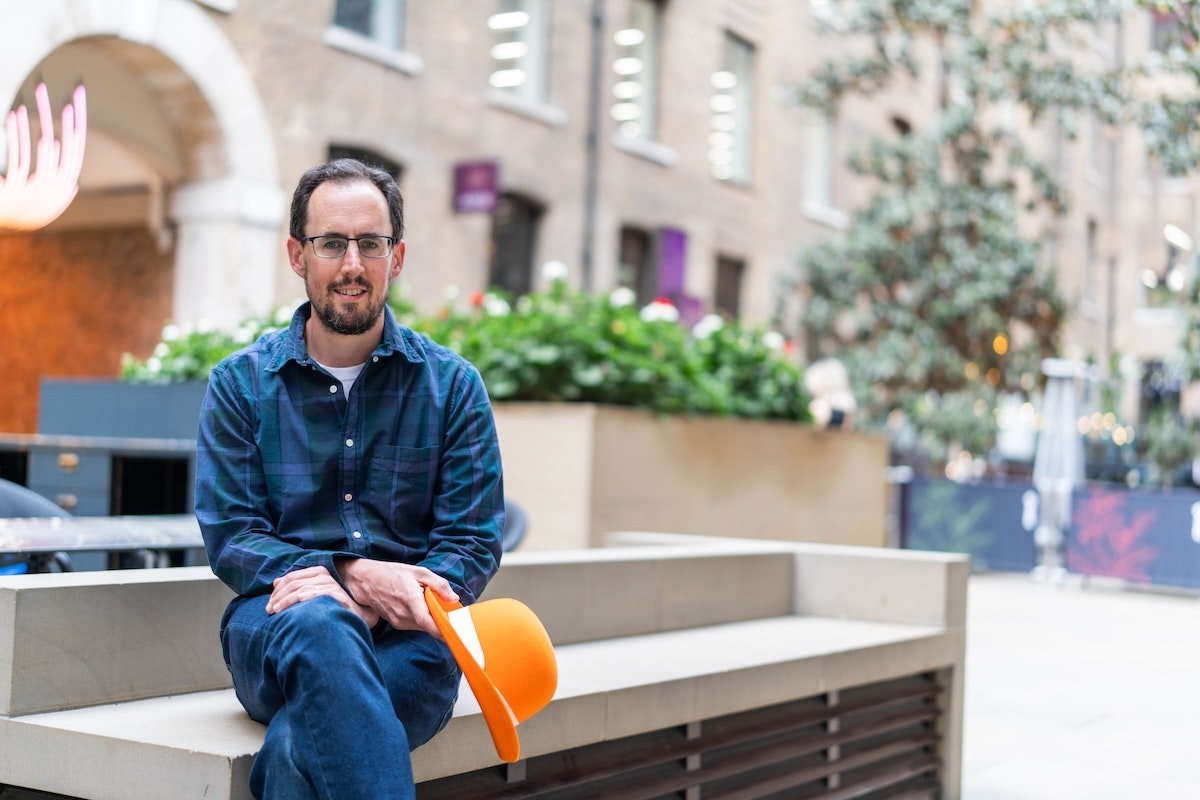The race to be the first super app in Europe is on.
The likes of Uber, PayPal and Revolut have bold ambitions to build something similar to China’s WeChat or Alipay — an app with which consumers can shop, communicate, hail a cab, access financial services and more. But no one-stop-shop is yet to dominate this potentially lucrative market in Europe.
So I was surprised to read a recent piece in Sifted from 3s.money arguing fintech founders should stop trying to build a European WeChat as it “completely misses the point of fintech”.
This perspective goes against everything our industry stands for. If we take our feet off the gas now, we will fall further behind the US and China. This will have a long-term, detrimental impact on the European fintech industry’s ability to compete at a global level.
New models of business demand a super app
Europe has had great success with building product-first companies as 3s.money points out, but the changing nature of digital-based businesses means we need a new approach.
The creator economy is a perfect example. Since the start of the pandemic, I have witnessed the rapid rise of digital-first social entrepreneurs, such as those selling on the likes of Depop and Etsy, gamers streaming on Twitch and creators on TikTok. Current solutions are not fit for the way that these creators monetise, deliver goods and services and reach new audiences. Today’s fragmented services lead to a painful user experience for both entrepreneurs and their customers.
The solution is clear: Europe’s very own super app which brings together social media, social commerce, banking, payments and more.
Today’s fragmented services lead to a painful user experience for both entrepreneurs and their customers. The solution is clear: Europe’s very own super app.
If Europe focuses on building single-button apps, our industry will be underserving this generation of new digital entrepreneurs. Entrepreneurs who are striving for success in the same way that we are. They will miss out on real-time insights that only integrated services can provide and be forced to pay even more fees for multiple services. They will face hurdles trying to scale up their business due to the inconvenience of managing multiple income streams — our own research found that three-fifths of the creator economy find it difficult to take and track payments, with many current solutions causing delays. There will be fewer aspirational models for future entrepreneurs and less investment into the ecosystem.
These new digital entrepreneurs are emerging all around the world. If European fintech founders can build a powerful integrated one-stop solution for creators, they will potentially have the business of the entire globe.
Consumers to reap the rewards
While the opportunities for fintechs and the creator economy are clear, regular consumers will also reap the rewards of a super app. Lives will be more convenient as there will no longer be the need to use dozens of apps to conduct daily tasks and purchases. The power of data means products and services will be tailored to individual wants and needs and we can also expect new forms of in-app interactions between brands.
However, the promise of a single super app that becomes the dominant player in Europe will lead to competition concerns. From an anti-monopoly and privacy perspective, we have seen the challenges Facebook faced trying to launch its own currency. This is because Europe has a long history of breaking up companies that have the potential to become too powerful; that’s why the super app model hasn’t taken off here as it has in Asia. It means partnership, transparency and openness are key — one company cannot build the best product for multiple verticals. We need to create an ecosystem that offers choice and promotes innovation, while at the same time having an open dialogue with regulators to demonstrate the benefits of a super app in Europe.
A level playing field
The opportunity is there now to level the playing field. Open Banking and PSD2 have given European fintech founders an opportunity to build big. The power is no longer in the hands of major banks and payment providers.
It will be a long road to creating a super app, but fintech founders haven’t been put off by the road ahead before. It’s time to build an app that delivers what customers of the future need now and for European fintech to become a truly global force.



